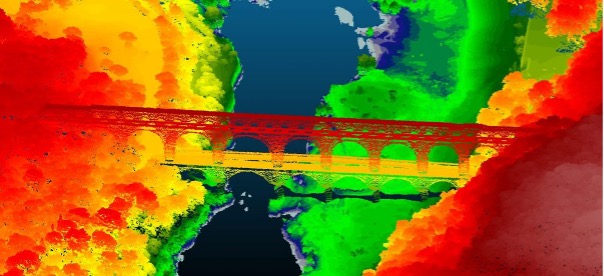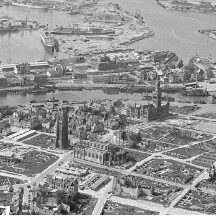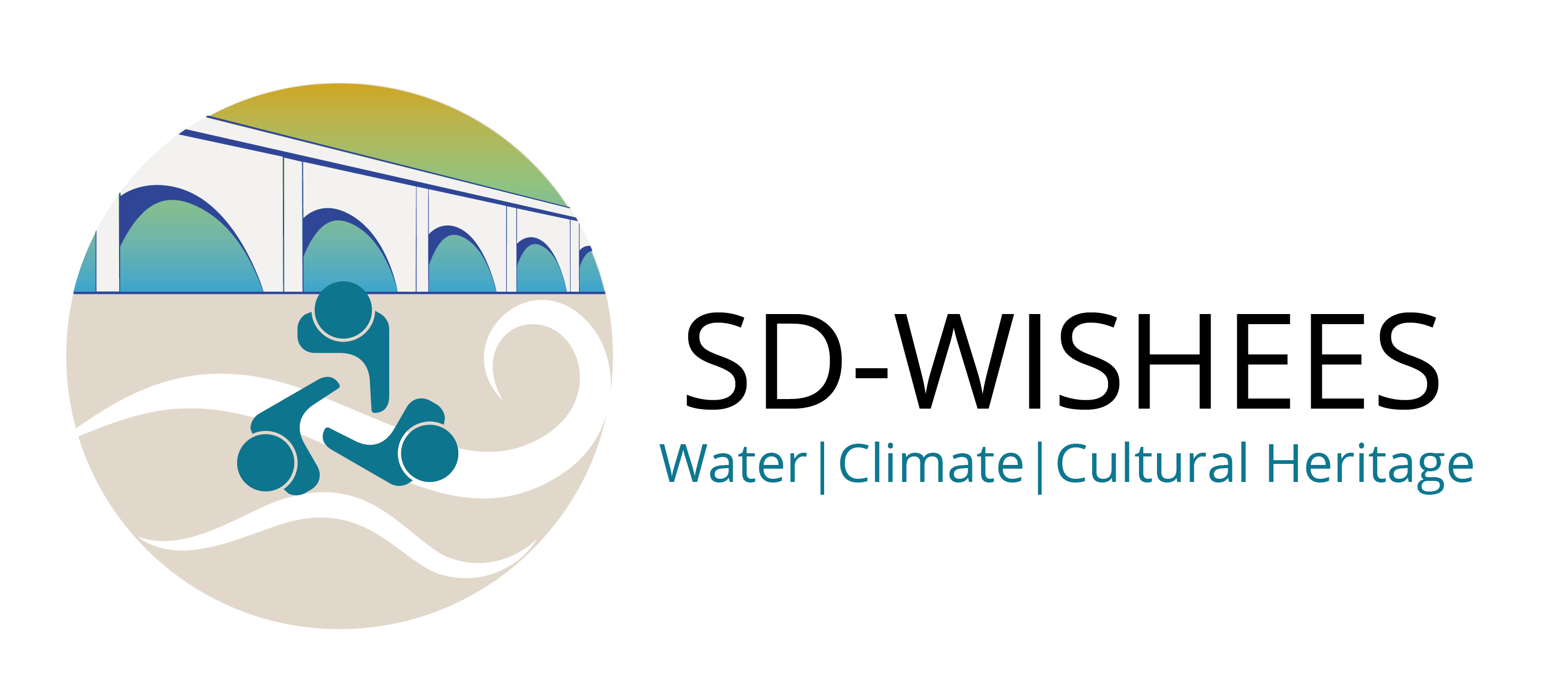AGAPE
AGAPE (ANR AAPG, 2025-2028): discoverAbility and investiGation in spAtial iconograPhic hEritage


With the acceleration of open data policies in France aimed at promoting the circulation and valorization of public data, and the proliferation of information on the Internet, it is now possible to access multiple multimedia contents related to cultural and natural heritage, that describe or illustrate a place. AGAPE has the ambition of aggregating and processing such data, with a focus on visual-based documents (from iconography, videos to 3D point clouds, including textual descriptions).
Its first objective is to conduct innovative research on the multimodal analysis, linking and confrontation of such a constellation of contents, for facilitating their structuring, restitution and understanding. The project will bring out innovative strategies relying on multi-source data modeling, multimodal entity linking and 3D indexing for spatialization in order to produce multimodal links helping in the construction of knowledge bases documenting areas of the territory. The partners involved in these tasks are LASTIG lab. (IGN, Gustave Eiffel University), Linkmedia (IRISA) and Archives nationales de France.
The second objective of the project is to integrate these structured data in a 3D environment allowing to showcase them in their spatial context and to propose to the user innovative paradigms of visualization, navigation and interaction in an appropriate and engaging manner through storytelling. The partners involved here are LIRIS lab. (Lyon 2 University and CPE) and ILDA (Inria Saclay). It will result in proofs of concept that AGAPE is committed to making documented open-source components, with a special care on reproducibility and interoperability relying on current standards, and with the key objective of going beyond the perimeter of the project sustainably and coming to support with other interdisciplinary initiatives.
Within AGAPE, we plan to design, evaluate and exploit the proposed tools for three investigations in SSH and Media: with archivists from Archives nationales de France for the coherence and enrichment of collections, with historians from ACP lab. (Gustave Eiffel University) for the study of disappeared substandard housing, and with journalists from France Télévisions for engagement of the general public with the territory’s heritage in the television media.
More generally, the tools developed with AGAPE will promote and facilitate the exploitation of geographic multimedia heritage in all domains where the territory and its evolution deserve to be documented and highlighted to various audience, for a better understanding of climate changes for example.
Discover the Ability and Investigation in Spatial Iconographic Heritage
Explore the fascinating world of spatial iconographic heritage, where history, visual storytelling, and design converge. Gain new insights and uncover the layers of meaning behind spatial designs and their cultural significance.
Valérie Grouet-Brunet
Valérie Gouet-Brunet has been research director of the French Ministry of Ecology since 2012. She carries out her research at the French mapping agency (IGN), within the LaSTIG laboratory, and at Gustave Eiffel University. She is in charge of researches in Computer Science and Artificial Intelligence applied to image contents analysis and indexing in large-scale and long-term multimedia collections, for their linking, spatialization and exploration with application to cultural and natural heritage.
She has supervised more than fifty PhD students and researchers and participated in or coordinated some twenty national and European partnership projects. In particular, she has coordinated ALEGORIA (French ANR 2018-2021) and currently AGAPE (French ANR 2024-2028) ; she has responsibilities in several initiatives on Digital Humanities (Huma-Num scientific committees, European association Time Machine Organisation, international IAPR TC19 on Computer Vision for Cultural Heritage Applications, working group “Digital data” of the scientific site for the restoration of Notre-Dame de Paris).


©2025 CNR, All Rights Reserved.
